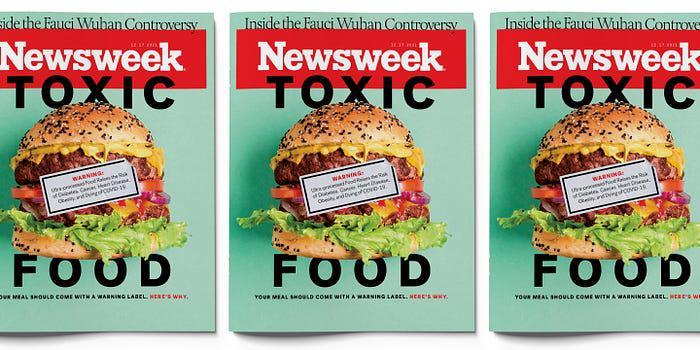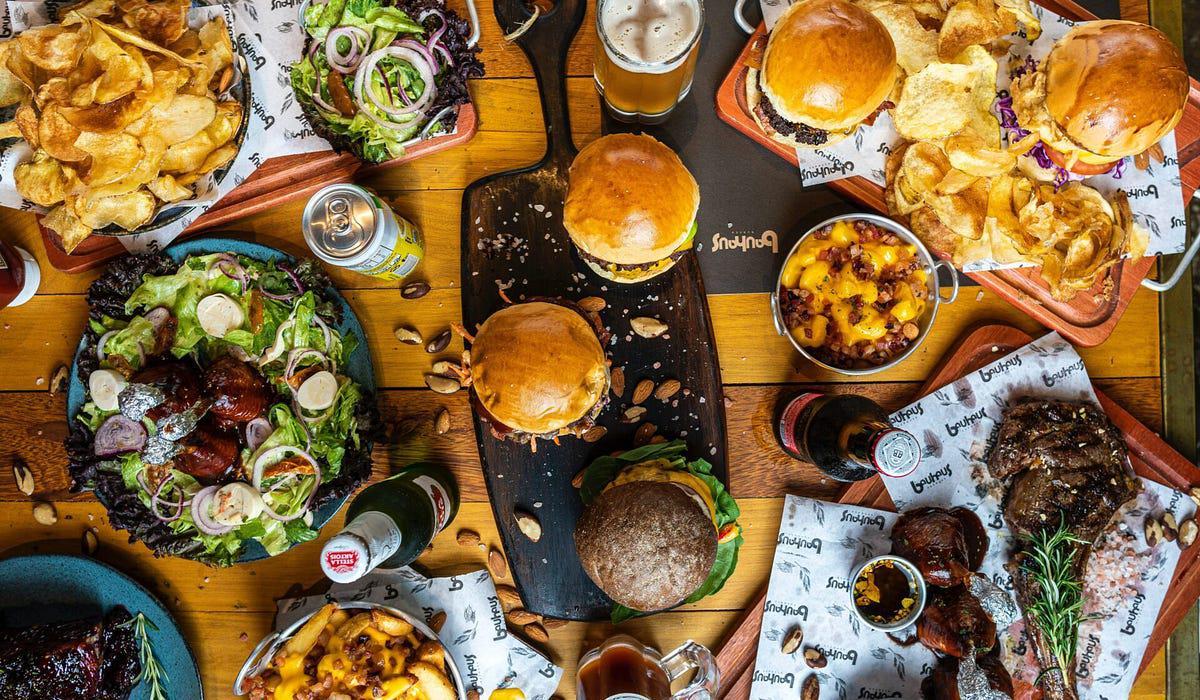Did you know that, given the choice, most mice will choose sugar over cocaine?
This is based on an experiment conducted in 2007, which found that the organism's craving for carbohydrates was so strong that they urgently needed self-administered shocks to consume it.
Well, a decade later, new research reveals that this drive is not unique - humans seem to do similar things.
An analysis published in the BMJ, which examined 281 studies from 36 different countries, pointed out that certain individuals' consumption of ultra-processed foods (UPFs) "meets the criteria for a diagnosis of substance use disorder."
The study found that addiction occurs in 14% of adults (one in seven) and 12% of children (one in eight), with associated behaviors including: intense cravings, withdrawal symptoms, less control over intake, and continued use despite consequences such as obesity, bed, poor physical and mental health, and lower quality of life.
Given that UPFs now account for more than half of the average diet in the UK and the US, and that ice cream, sugary drinks, and ready meals (known to increase the risk of cancer, weight gain, heart disease, and heart attacks) are on the rise, there are calls for some to be labeled as addictive.
Experts say that if foods high in carbohydrates and fats were to be formally classified in this way, it could help improve health through changes in social, clinical, and political policies.

Ashley Gearhardt, a psychology professor and corresponding author at the University of Michigan, said: “There is converging and consistent support for the validity and clinical relevance of food addiction.”
“By recognizing that certain types of processed foods have characteristics of addictive substances, we may be able to help improve global health.”
This would also lead to more research in these areas and a better understanding of the potential impact of UPFs on societal well-being.
Gearhardt continued.
“While further careful research is needed to determine the exact mechanisms by which these foods trigger addictive responses, UPFs that are high in refined carbohydrates and fats are clearly consumed in an addictive manner and lead to harmful health outcomes.”
Gearhardt, along with her team of scholars, noted that the observed associations are concerning and emphasize the importance of more research to thoroughly investigate what moving away from a nutritionally balanced diet will mean for the future.
She concluded: “Despite the uncertainties, classifying food as addictive may stimulate research and shift attitudes toward regulation.”
Originally written by Sofia Phillips.
